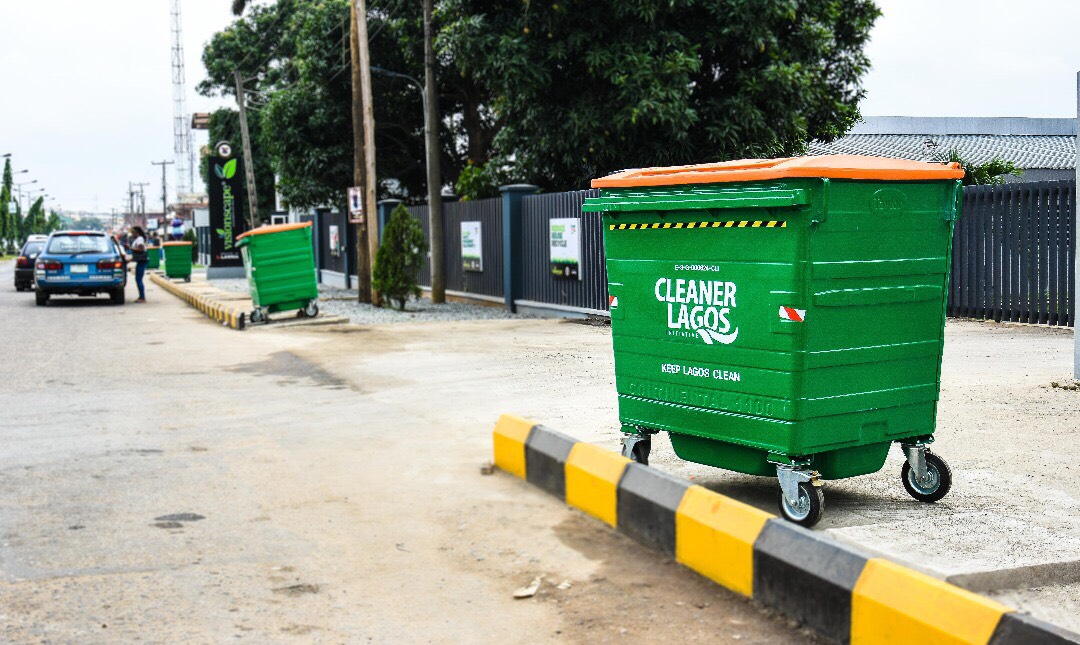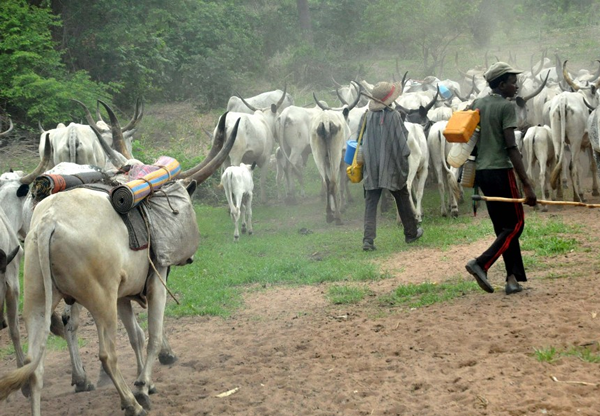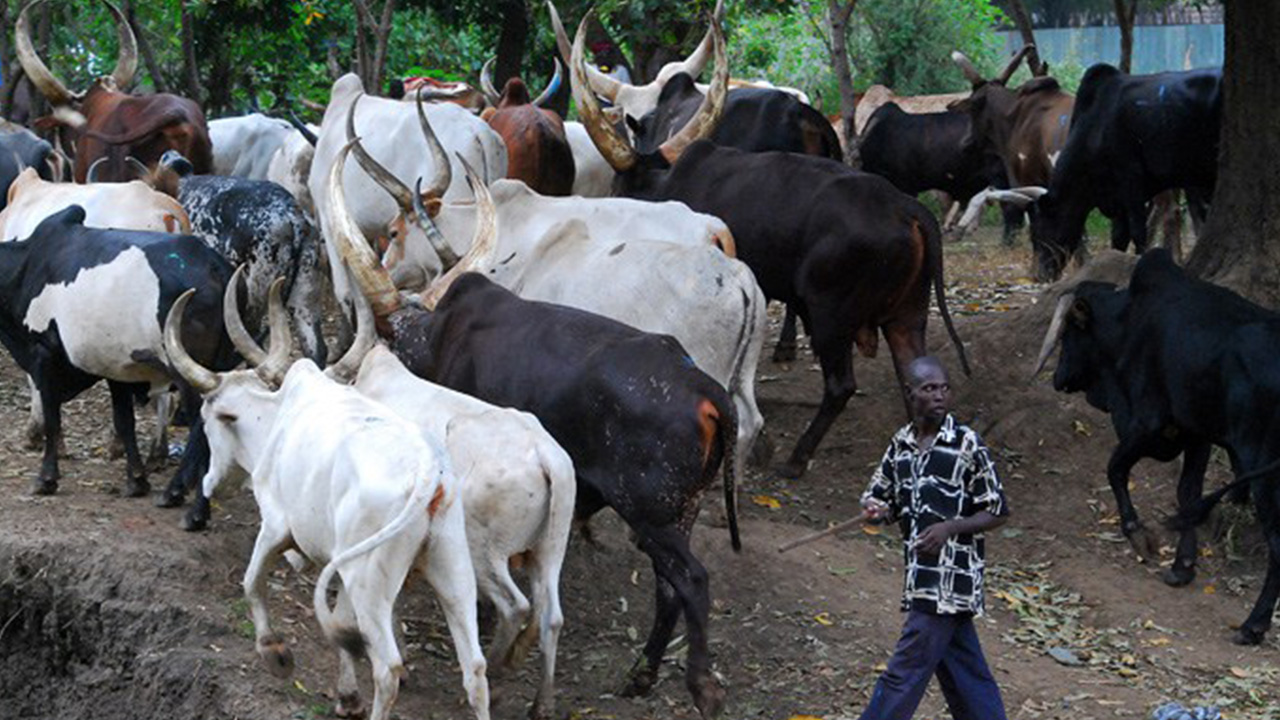By Tunde Opeseitan
Having keenly followed comments that greeted the introduction of the new waste management policy of the Lagos State Government encapsulated in the Cleaner Lagos Initiative (CLI) and the resurgence of waste on major roads and streets, the question agitating the minds of the people is why the need for the new policy when the previous arrangement appeared to be “working.” Those who genuinely asked the question do so because there was no clear understanding of where the State was coming from as far as waste collection and administration is concerned, and where we should really be to engender a truly clean, hygienic and sustainable environment.
Before the administration of Governor Akinwunmi Ambode decided to implement the new waste management policy, a study was commissioned to comprehensively look into the issue of the environment. The report showed that the Lagos State Waste Management Authority (LAWMA) had about 150 rickety compactors and the Private Sector Participation (PSP) operators had some compactors many of which were constantly breaking down on the roads causing traffic gridlock and oozing out offensive stench to residents. All the compactors then put together were benchmarked against the volume of waste generated in the State and the report clearly showed that they were grossly inadequate and effective to evacuate about 13,000 tonnes of waste generated daily in the State.
Because the compactors were inadequate, people end up dumping waste in drains, canals and at the end of the day, government spend more public expenditure to clear the drains, spend more money to give free drugs in the hospitals to children, and so on.
Perhaps, the most important aspect of the report was that it revealed the obvious fact which the State had been grappling with and that is the fact that the Olusosun and Igando dump sites were time bomb waiting to explode. Under the previous arrangement, wastes were collected from across the State and dumped at Olusosun and Igando and other dump sites in the State and over the years, the heaps of refuse were mounting on the sites. So, for instance, the first thing you see when coming into Lagos from the major gateway of Lagos-Ibadan Expressway is the heap of refuse at Olusosun in a mega city that wants to be globally competitive and moving towards becoming a smart city. Such arrangement, to answer the agitation of the people, cannot be said to be working. It was just a question of shifting the evil day which will definitely come if not reviewed.
Advertisement
So, in order to avert the looming disaster, the Ambode administration, after a comprehensive analysis of the report with a team of experts with impeccable and extensive background on environmental management, decided to implement a major paradigm shift once and for all, and join the league of advanced countries with world class holistic environmental management system which eventually brought about the Cleaner Lagos Initiative (CLI).
Under the new arrangement, the existing dump sites, which apart from being an eyesore and constitute health risk to the State, would be closed down and clinically treated to free up the land space for other befitting and impactful projects. At the moment, work is at advanced stage on the construction of Engineered Sanitary Landfill in the outskirt of Epe, and the project, which is the first in West Africa, will birth a revolutionary waste management in the State in line with global best practices. The are concessions for additional two of such landfills to be built in the State under the Build, Operate and Transfer (BOT) arrangement.
Credits must also be given to the previous administrations in the State for coming up with the idea of Transfer Loading Stations (TLS)/Material Recovery facilities, but like the mantra of the present administration which is continuity with improvement, the existing of such stations in Agege, Simpson, Oshodi and Mushin are being retrofitted and upgraded to meet up with current realities, while work has already been completed at Tapa Transfer Loading Station and Ogudu Waste Depot by the environmental utility group contracted by the State Government to implement the CLI, Visionscape Sanitation Solutions.
Advertisement
With the previous arrangement, adequate provision was only made for waste collection, without arrangement for other critical infrastructures in the value-chain of waste management such as waste depots, transfer loading stations, material recovery facilities and engineered sanitary landfills, and with the new arrangement, all of which are now being put in place as part of the mandate to provide integrated waste management solutions for the treatment of municipal solid waste and wastewater under the CLI.
For instance, the TLS performs the fundamental role of driving efficiency into waste collection and transportation services and serves as the middleman in the supply-chain between waste collection vehicles and the final disposal facilities. The TLS will feature a central tipping bay, a waste reception bay, administrative buildings and waste processing, while other facilities including the waste depots and engineered sanitary landfills will provide world class sanitation structure that includes mechanized sweeping, sorting and recycling, innovative waste bins, regular waste collection and more.
As part of the deal, about 600 brand new compactors are being provided and deployed for waste collection, while the number of street sweepers have been increased from about 7,000 to 27,500 now to be known as Community Sanitation Workers (CSW) and are to be well-kitted for deployment to all the wards in the State with good remuneration packages including insurance benefits. About 1million electronically tracked bins are also to be deployed across the State, while mechanized sweeping trucks are now to clean the major highways with CSW cleaning the streets.
Before taking the decision to bring in the environmental consortium being led by Visionscape, the State Government reviewed and consolidated all the laws relating to the environment to allow for private sector investment because all the transformation being implemented as highlighted above could not have been done by government alone as it was impossible for government to concentrate all the resources in one sector to the detriment of others.
Advertisement
Another option opened to government was to increase the tax being paid by residents to implement the reforms in waste management but that would have been insensitive considering the fact that there were enough challenges for people to contend with, hence the need to invite the private sector to invest massively as we have seen in the last couple of months.
Again, in another demonstrable evidence of thinking out of the box, the State Government devised the strategy to incorporate those who hitherto had been managing waste in the State better known as PSP operators in the new arrangement, with opportunities to grow their businesses by making same bankable. While the PSP operators were asked to collect the large volume of commercial waste generated in the State, Visionscape, on the other hand, is to collect and manage residential waste. Depending on the types of waste generated across the State, the refuse will then go through either the TLS, waste depots, material recovery facilities and then eventually the landfills where those to be recycled or used for other beneficial purposes like power generation will be so used.
Another unique and people-centered aspect of the CLI is that Visionscape will only be paid based on the tonnage of waste generated, and so it is in their interest to generate more.
Still under the new arrangement, LAWMA has been repositioned to perform supervisory role in the sector, while the former Kick Against Indiscipline (KAI) brigade has been rebranded and transformed to a more civil Lagos State Environmental Sanitation Corps (LAGESC) and the agency will ensure that the environment is kept clean at all times in line with the mandate of the CLI. Before now, there were genuine complaints from members of the public on the activities of KAI brigade, especially harassment of people. But LAGESC corps have been trained to be civil in their modus operandi. Specifically, the sanitation corps will police the highways to ensure that people do not dump refuse indiscriminately on roads and also clear the pathways and bridges and dislodge people selling on the road.
Advertisement
For residents to pay for evacuation of refuse, the government has introduced an annual Public Utility Levy (PUL) which will be minimal and reasonable. The PUL is a property-based charge applicable to all properties within the State. It will replace all the previous waste management levies, while a unit has been created in the Ministry of the Environment known as the Public Utilities Monitoring and Assurance Unit (PUMAU) to coordinate the generation of PUL bill.
The PUL will be a major contribution to the ongoing efforts by the State Government to address severe challenges that are unique to the State because of the rising urbanization. The money will be held in the Environmental Trust Fund and managed by a Board of trustees to be regulated by the Securities and Exchange Commission (SEC). Already, an Executive Secretary has been appointed for the Fund.
Advertisement
The trustees are under strict obligations to the people of Lagos and will be accountable to the people for every naira spent in line with the overall agenda for a cleaner Lagos.
At this stage, the compliance and cooperation of all residents is key as the initial challenges with the transition period will soon be over. All hands are already on deck to evacuate waste from the streets and roads pending the eventual full launch of the new initiative. The good news here is that the initiative is on course and at the last count, Visionscape has just taken delivery of another 100 trucks consisting of a series of waste trucks from various rear-end loaders to operational vehicles, which have been deployed to the nooks and crannies of the State for evacuation of refuse. More are still coming and it can only get better in the quest to revolutionize waste management to bring about clean, hygienic and functional environment in the State.
Advertisement
Opeseitan, a journalist, wrote from Abule Egba, Lagos
Advertisement
Views expressed by contributors are strictly personal and not of TheCable.
Add a comment






